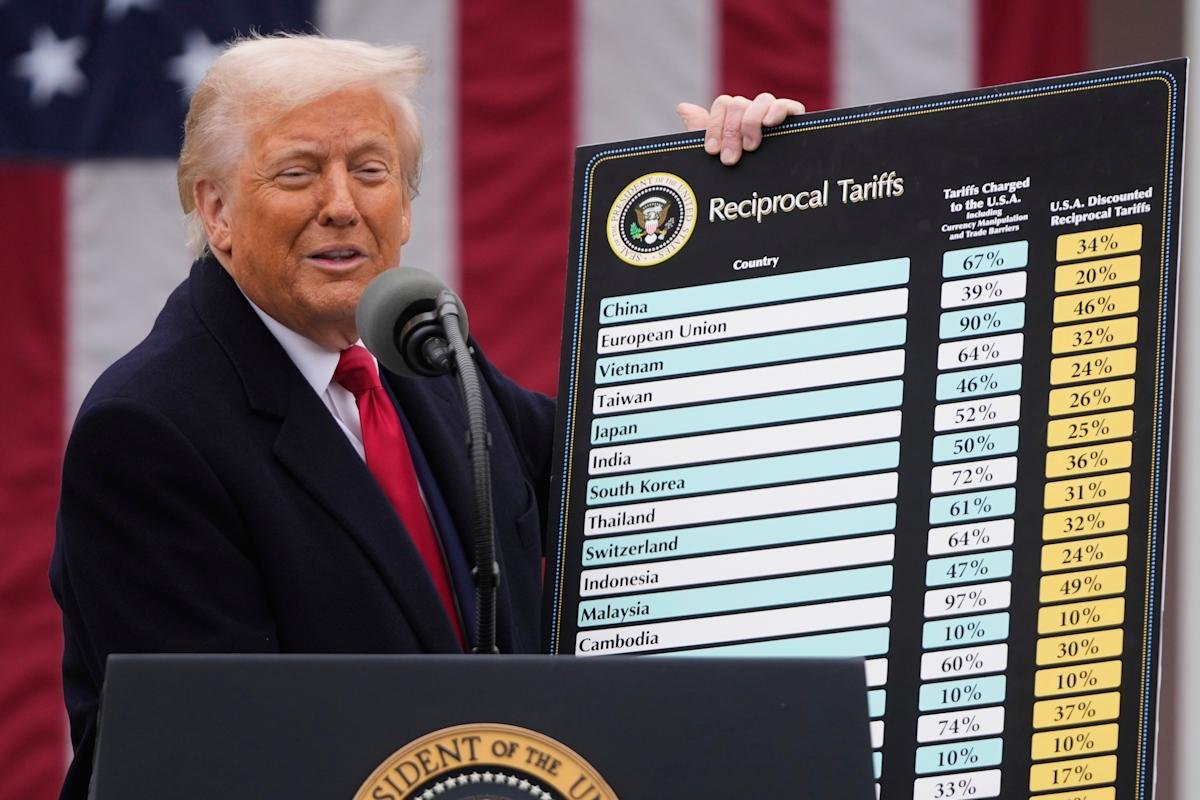-
JPMorgan CEO Jamie Dimon believes that while China poses a significant threat, the greater danger to the U.S. lies in internal dysfunction, including political and economic mismanagement. He warns that issues like rising national debt, weakening alliances, and poor governance could undermine America’s global leadership and reserve currency status if not urgently addressed.
JPMorgan CEO Jamie Dimon isn’t naïve about the threat China poses to America—and yet he says this issue isn’t comparable to the disintegration of U.S. values from within.
For many years, the Wall Street veteran has highlighted geopolitical tensions and America’s reliance on its economic rival as problems facing the domestic economy.
But in a recent interview Dimon said this pales in comparison to the problem of America hamstringing itself when it comes to success.
“We have problems and we’ve got to deal with them,” Dimon told the Reagan National Economic Forum on Friday. “The biggest one…is the enemy within.
“I’m not as worried about China. China is a potential adversary, they’re doing a lot of things well, they have a lot of problems. What I really worry about is us. Can we get our own act together? Our own values? Our own capability, our own management?”
The man who was paid $39 million for his work last year said there is an “extraordinary” amount of mismanagement in the U.S., whether on a state or city level or in pensions, for example.
“That stuff is going to kill us,” he added. “I always get asked this question: Are we going to be the reserve currency? And no, if we are not the preeminent military and the preeminent economy in 40 years, we will not be the reserve currency. That’s a fact, just read history.”
Dimon, known for running America’s biggest bank with a military tactic called the OODA loop, which looks at every possible threat, didn’t just identify mismanagement in the U.S. as its only problem.
These issues fall into two categories, he suggested: economic and political.
“The way I look at it, the big picture is the tectonic plates are shifting and we’ve got to get our heads wrapped around that,” he added. “Those tectonic plates are the geopolitical with these terrible wars, terrible proxy terrorist activity around the world, North Korea, the potential proliferation of nuclear weapons over time, which is the greatest threat to mankind.
“And then the tectonic shift is the global economy, the military umbrella of America…of which trade is a part. The other parts are, do people want to partner with you? Do you have your alliances? Do you have investment agreements? All those various things are changing.”







